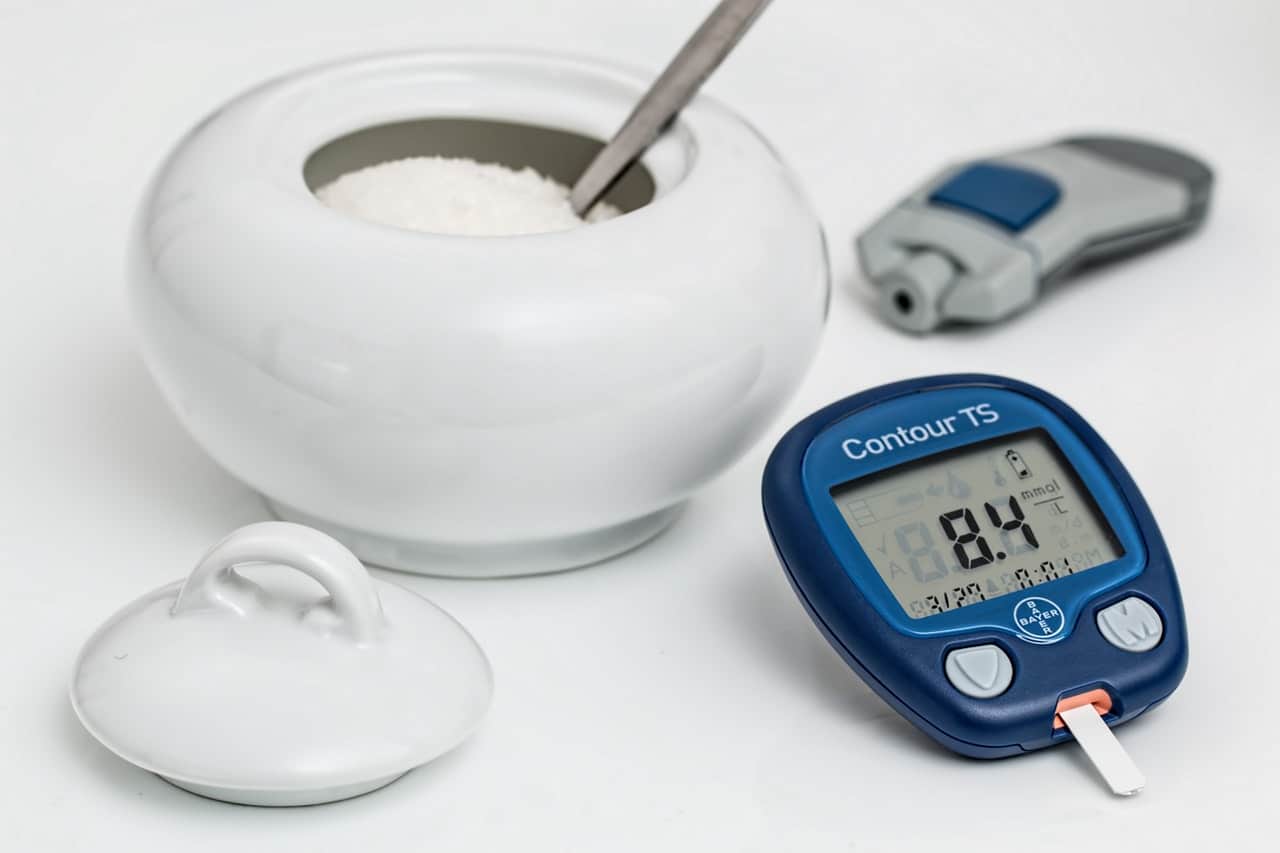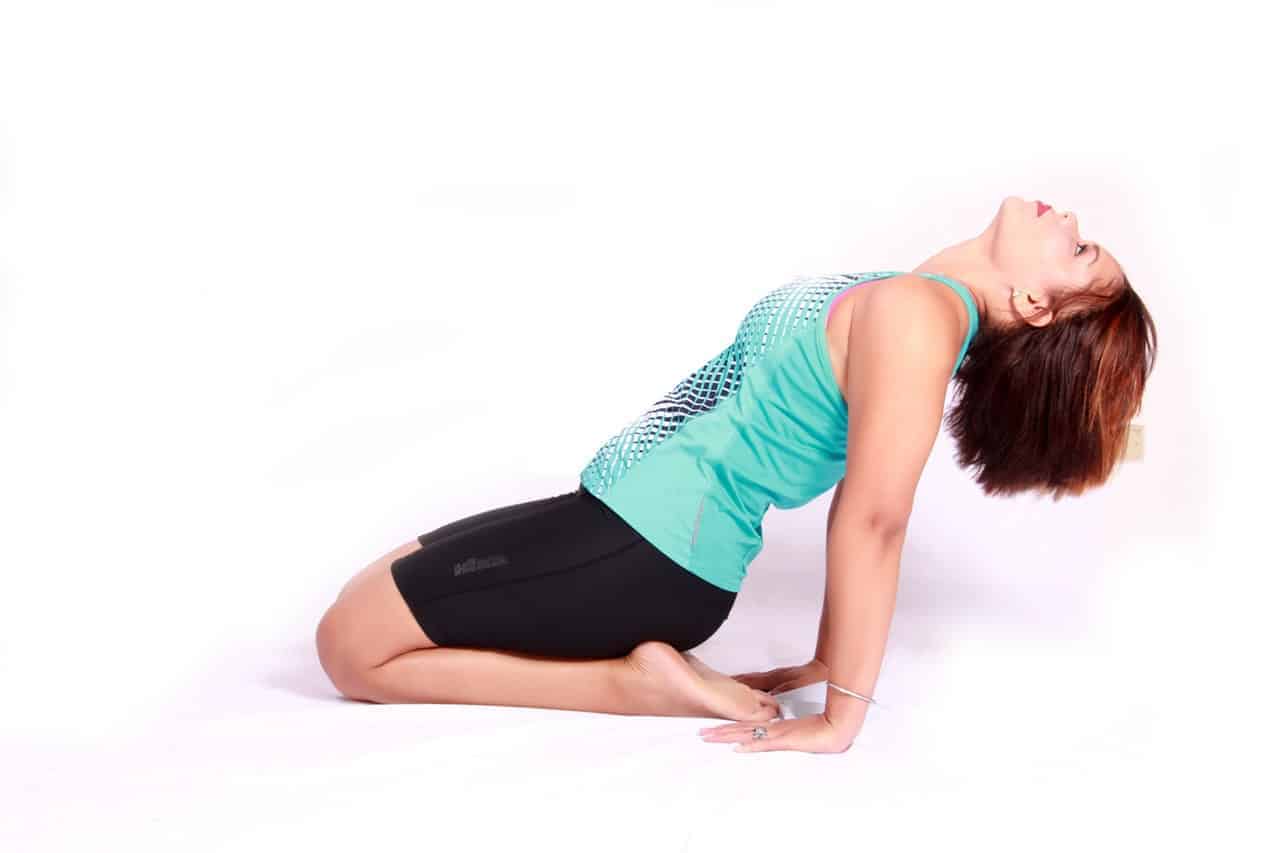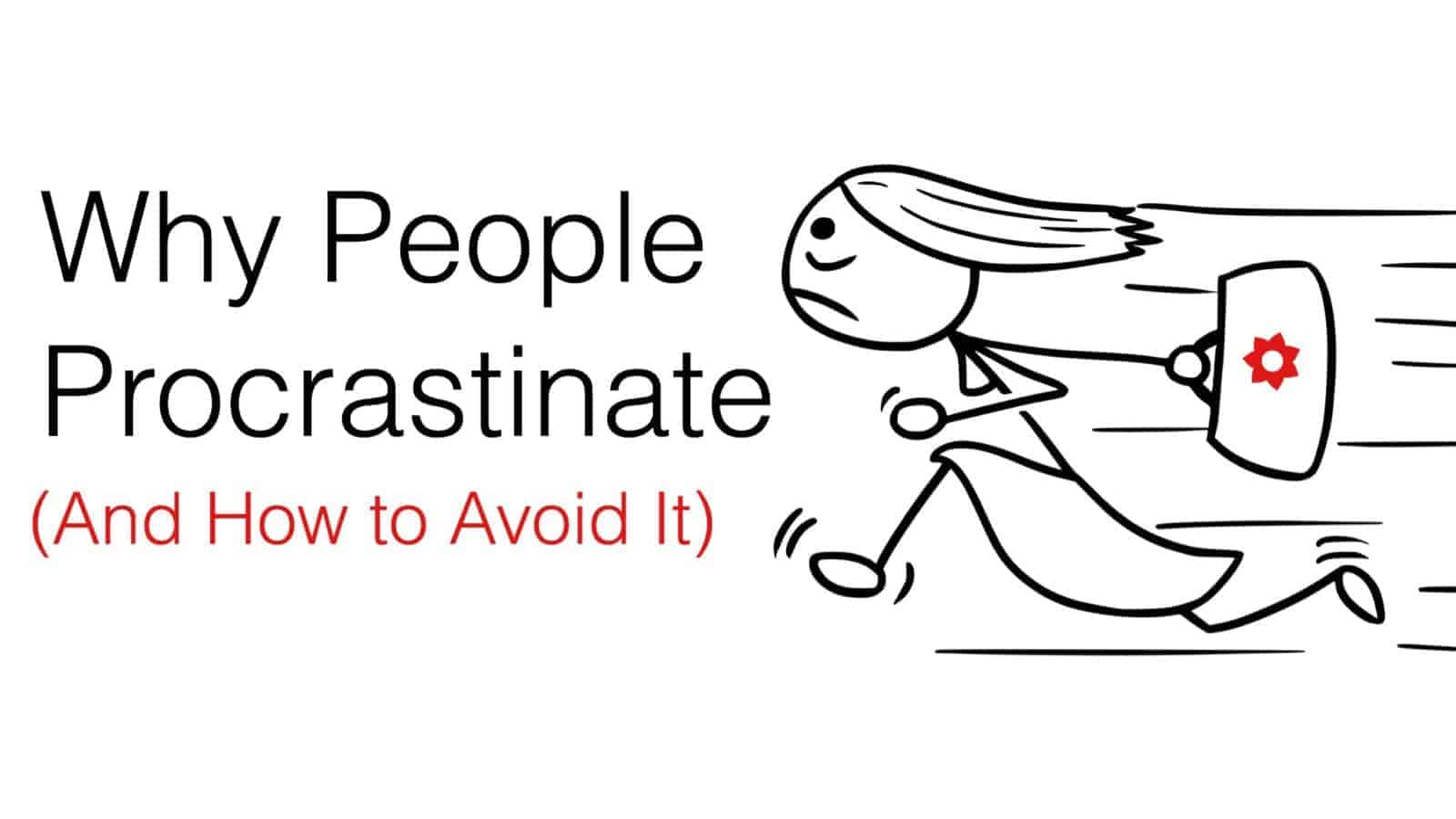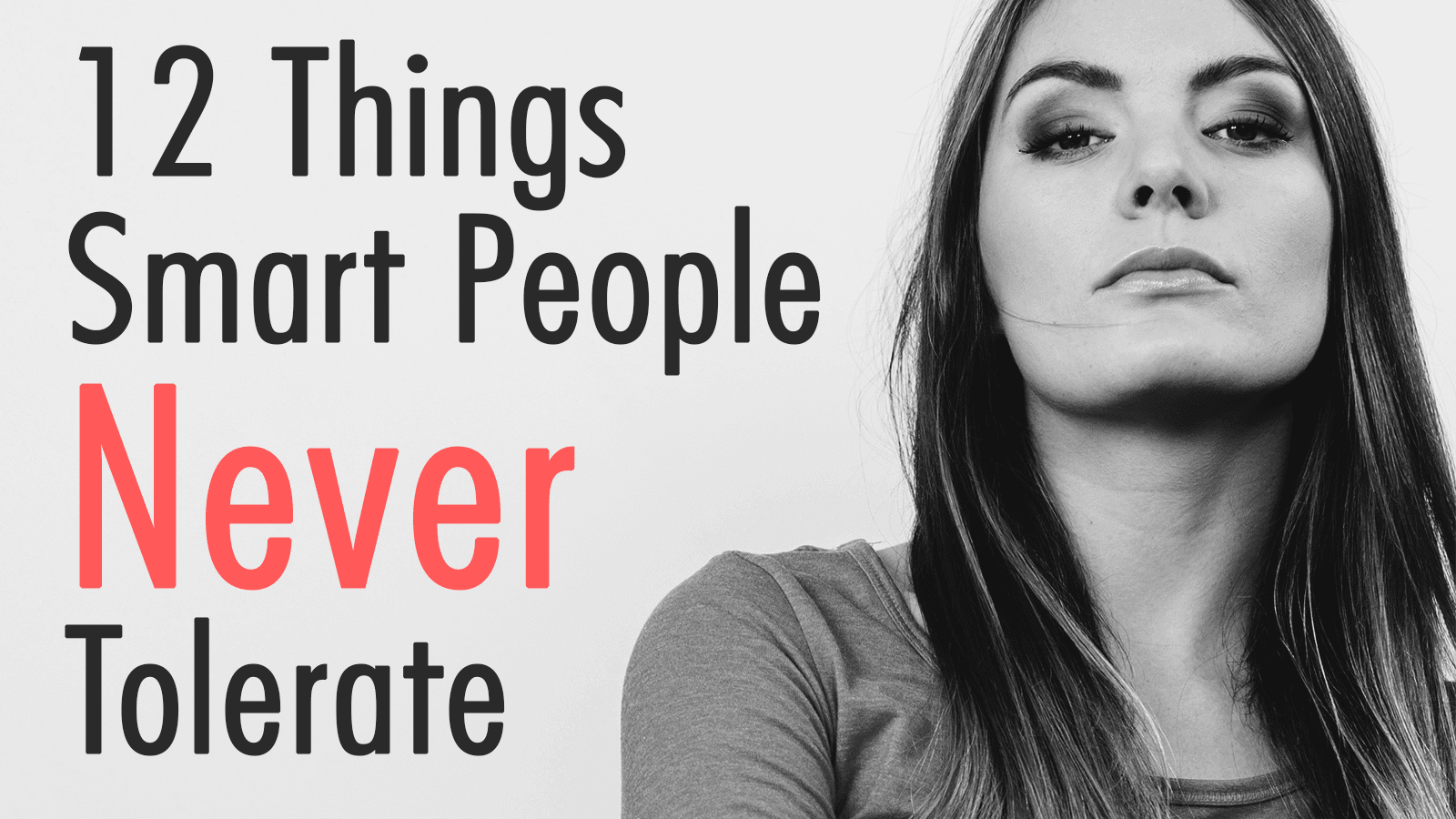People have debated whether a coconut is a fruit, seed or nut over the years, but its oil has continued to be used as a cure-all for thousands of years. Considering its effective practical uses, you don’t ever want to be without it.
Let’s explore the vast number of reasons why you should have coconut oil at home:
1. Hair
One of the most popular uses for coconut oil is to use it in the hair. It naturally moisturizes hair, can tame frizziness, and it can be used to stimulate hair growth. Massage it into your scalp and allow it to stay there. It can help to dislodge sebum, debris and help to fight dandruff.
2. Folliculitis
Coconut oil for skin is a natural antiseptic. When follicles become infected, they can produce painful blister-like pimples. Using harsh substances like rubbing alcohol can make the problem worse. If you use coconut oil for skin, it can clear it up within a few days, and it will help to soothe your reddened inflamed skin.
3. Nails
Since you are constantly using your hands, your nails can take a beating. Applying this type of oil helps your nails to stay in better condition, and it moisturizes your cuticles to provide healthier nails. You are less likely to experience tears and other forms of damage to your cuticles and nails.
4. Moisturizer
Coconut oil for skin is like no other oil in that it can permeate the skin and hair to effectively moisturize and not just coat like other oils. Vitamin E that is found in this oil is beneficial to your skin.
5. Sunburn
Coconut oil for skin has an SPF of 4, which helps to block the sun’s rays. This makes it a nice option as a suntan lotion. However, it can help to soothe a sunburn and prevent peeling. Make sure you remove all of the heat from your sunburn before applying the oil.
6. Makeup Remover
One of the best things about this type of oil is its ability to remove stubborn makeup easily and thoroughly. You can use a cotton pad or a washcloth. When you’re finished, you don’t need to remove any excess oil because it can be used as a nighttime moisturizer.
7. Ointment
Coconut oil for hair and skin can be used as an ointment to cuts. The oil will help them to heal faster too. This type of oil can help diminish the appearance of scars and help to prevent them.
8. Burns
This type of oil is useful for first degree and second degree burns. Beyond providing moisture for the damaged skin layers, oil from a coconut helps to protect the burn from infection and speed up recovery. Third degree burns require medical treatment.
9. Lips
Lips can get incredibly chapped during the colder months. Keeping some frozen coconut oil in the freezer can help to bring cool relief to chapped, split and flaking lips. Don’t forget the area above your lip that can get dry too. Frequently apply this type of oil, and you will see a quick improvement.
10. Nose relief
Constantly blowing your nose from allergies or a cold makes for a red and flaky nose. Use coconut oil for hair and skin after you blow your nose and at night to keep your skin moisturized and avoid red and flaky skin or scabs.
11. Eyelashes
Putting coconut oil for hair and skin on your eyelashes can help them to grow. The extra sparkle also makes your eyes look healthy and refreshed. There are times when mites can attach to your eyelashes. This type of oil is useful in treating those too.
12. Wind Burn
Coconut oil for hair and skin can be used on skin that has been burned by the wind. After getting out of the shower, apply this type of oil all over. It will absorb into your skin and provide you with a layer of protection before you get burned by the wind.
13. Age Spots
It has been long used in lessening the appearance of age spots. Oil from coconuts helps to heal skin, but it can also help it to speed up in production. It can help to correct any type of sun damage.
14. Mouth Pooling
Mouth pooling isn’t for the faint of heart, but if you swish oil from a coconut in your mouth for about 20 minutes in the morning, your gums are said to become healthier, your breath will smell fresher, and your teeth will be whiter. Mouth pooling can also help with gingivitis, periodontitis and cavities.
15. Natural Toothpaste
You can use it as a natural toothpaste as well. Mix equal parts of oil from a coconut and baking soda to effectively clean your teeth, gums and tongue.
16. Eye Puffiness and Wrinkles
Coconut oil for skin solidifies when it is less than 72 degrees Fahrenheit, which can make it easy to apply as a liquid or as a solid, depending on the temperature you keep it at. You can put it in a small container and free in the freezer. Take it out when apply to your eyes. The added coolness will help to make your eyes less puffy. Leave this type of oil on your eyes to decrease wrinkles over time.
17. Natural Deodorant
You can apply oil from a coconut under your arms for a natural deodorant because it prevents your sweat from interacting with bacteria. You’ll still sweat, but you won’t experience an unpleasant smell.
18. Stretch Marks
You can use oil from a coconut by itself, but it is more effective when you mix it with aloe. You’ll need a blender to do this. Cut off the outer portion of a large aloe leaf. Scoop out the inside, which will look like thick jelly. Put into a blender and mix. Add an equal amount of this type of oil to the mixture. Store it in the fridge, and apply to stretch marks daily. You will see dramatic results in three months.
19. Weight-loss
According to Mayo Clinic, oil from a coconut can help with weight-loss. Despite what people say about eating fat and consuming calories, this type of oil helps you to lose weight when you take it regularly.
20. Epileptic Seizures
Because oil from coconuts is so fatty, it helps the body to produce ketones quicker, which helps those who suffer from seizures.
21. Body Scrub
When mixed with brown or white sugar, you can create a rejuvenating body scrub. Use equal parts of white or brown sugar with oil all over your body in the shower. Be careful about applying it to your feet. It’s slippery. Wash your body as usual. Your skin will glow.
22. Face Cleanser
Many people use oil cleansers on their faces at night and in the morning to not only remove makeup but to clean their skin in general. Using coconut oil helps to free the skin of dirt and pollutants. The moisturizing effect of the oil signals the skin to not make as much sebum, which can help with acne. Coconut oil is the right pH balance for skin too.
23. Blood Sugar
Coconut oil for hair and skin can help regulate blood sugar levels, improve insulin secretion and lessens the effects of an overstressed pancreas. You’ll experience a calm feeling as your blood sugar remains consistent.
24. Inflammation
Anyone suffering from inflammation will appreciate coconut’s amazing ability to relieve inflammation within the body, which can help with arthritis, injury, fever, bronchitis, asthma and many other issues caused by inflammation.
25. Kidney Stones
This type of oil can help to dissolve kidney stones. It can also help with urinary tract infections and ease the pain associated with passing kidney stones, depending upon when it is taken in connection with the progression of kidney stones.
26. Morning Coffee
You can put coconut oil in your coffee as a creamer, and it will give you an extra good energy boost in the morning.
27. Sicknesses
If you take a tablespoon of oil from a coconut every two hours, you can make your symptoms associated with the common cold and flu to be less severe. It can help you with bacterial infections too. Get medical treatment if your symptoms get severe though.
28. Parasites
When taken internally, this oil helps to flush out parasites in the stomach and intestines. Oil from coconuts has been used for a long time to treat tapeworms, flukes and giardia.
29. Lice and Mites
Applied topically, this oil can get rid of lice and mites. Oil from a coconut can help to dislodge lice eggs from your hair and scalp, and it kills lice and mites. Mites dig tiny burrows in your skin and multiply. Applying this type of oil to your skin suffocates the mites and protects your skin from infection.
30. Blood Pressure
According to beatpsoriasis.org, Oil from coconuts can help to lower blood pressure because it helps to strengthen blood vessel walls and expand them. This type of oil has vitamin K, which can help improve varicose or spider veins as well.
31. Potato Curry
You’ve never smelled anything as good as onions frying in coconut oil. That buttery smell first thing in the morning is right up there with morning coffee. You can use this type of oil in all of your cooking. It can also be used to replace butter.
Whether you want to call a coconut a seed, fruit or nut, it doesn’t change all of the amazing things it can do.
https://www.youtube.com/watch?v=7BNGVmwxoHI









